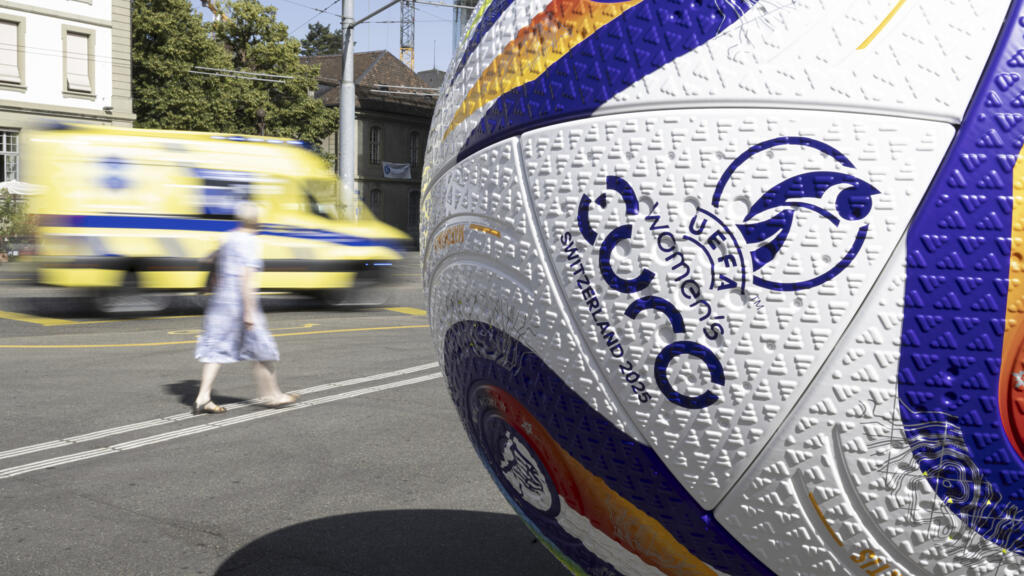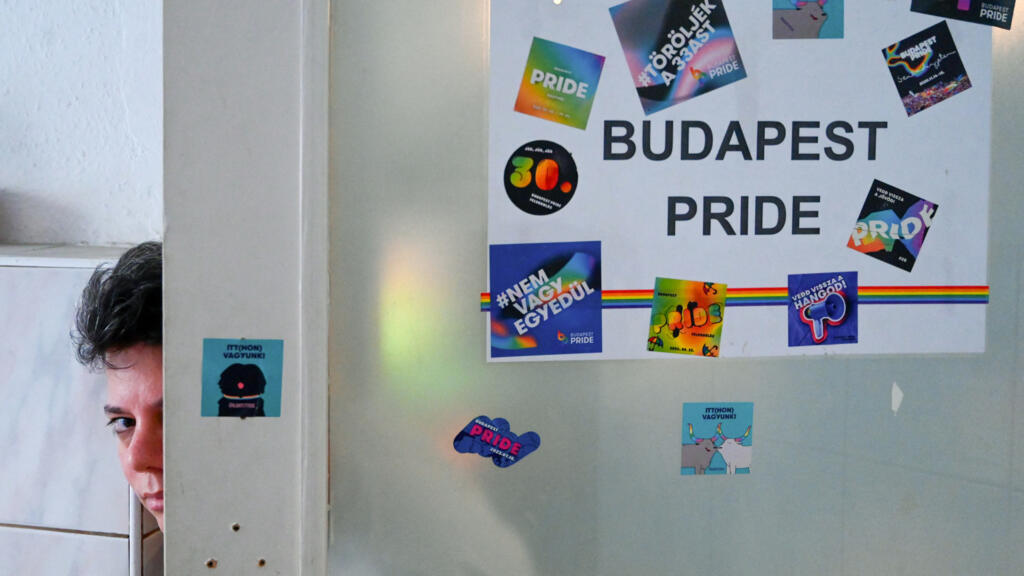Women's soccer has experienced remarkable growth in popularity over recent years, driven by significant investments at both international and club levels. The dynamic shift in attention towards women's soccer has been significantly noted, particularly as major tournaments draw larger audiences and greater media coverage.
Reflecting the evolution of the sport, the first Women's UEFA European Championship, held in 1984, saw a modest turnout of only 1,000 fans. This year, the tournament is taking place in Switzerland, and the enthusiasm surrounding it is evident, with over half a million tickets already sold. This surge in ticket sales is a testament to the increasing support and interest in women's soccer, showcasing its transformation from an underrepresented sport to one that now engages millions.
The upcoming tournament is not only expected to attract a record number of attendees but also aims to break previous attendance records set in past championships. This heightened interest can be attributed to several factors, including improved performance levels, greater visibility through media coverage, and the fostering of local and international rivalries. Additionally, endorsements from high-profile athletes and the growing professionalism in women's leagues have also greatly contributed to raising the sport's profile.
Another factor fueling this growth is the increased financial backing from sponsors and organizations that recognize the potential of women's soccer. In recent years, clubs have ramped up their investments in women's teams, infrastructure, and training facilities, which has led to a higher caliber of play and more competitive matches. This renewed focus on women's soccer aligns with global movements advocating for gender equality in sports, ensuring that women athletes receive the recognition and support they deserve.
As women's soccer continues to rise in popularity, it is expected that the narrative surrounding the sport will evolve. The combination of successful promotion, far-reaching media partnerships, and community engagement will likely play key roles in maintaining momentum. The anticipation surrounding the tournament in Switzerland is reflective of the numerous changes occurring across the sport and symbolizes a pivotal moment in women's soccer history.
With ticket sales booming and the soccer community rallying around female athletes, it becomes clear that women’s soccer is on the cusp of a new era of recognition and support. The growing fanbase, coupled with the competitive nature of the teams involved, ensures that the upcoming tournament will not only break records but also set new standards for how women's sports are viewed and supported worldwide.












